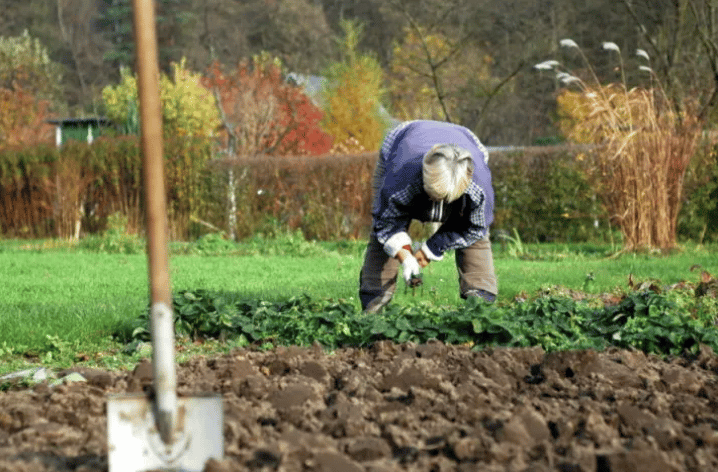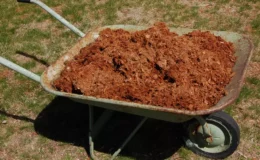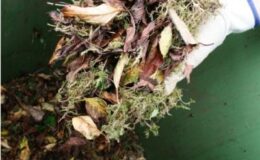You’ve pulled a year’s worth of produce from your garden. Now it’s time to give your soil a rest.
Today, your goal is to learn how to mulch your garden so that you can boost soil health, grow more resilient crops, and protect your remaining plants from chilly winter temperatures.
But for a seemingly straightforward task, mulching can feel overwhelming for beginning gardeners. What type of material makes the best mulch? How thick should you apply it? And is mulching really worth your time and effort?
Let’s consider the benefits of mulch and explore what you need to know to mulch your garden in the fall.
Why Mulch Your Vegetable Garden?
When it comes to gardening, bare soil is a bad plan. Here are six benefits of applying mulch to the fall garden.
Helps with Temperature Extremes
No matter where you live, chances are temperatures tend to fluctuate wildly in the winter. Your garden soil might be covered in snow one week and baking under a hot sun the next. Mulch acts as a down jacket for the ground, insulating it from temperature extremes. This protects vulnerable plant roots, and the microbial life inhabiting your garden space.
Improves Moisture Retention
Chilly winter winds do more than dry out your skin; they also draw moisture out of the soil. When you mulch your garden in the fall, you create a layer between the ground and the wind that traps moisture and slows down evaporation. This leads to better, more pliable soil in the long run.
Suppresses Weeds
Applying mulch may seem tedious now, but it should result in less work in the spring. That’s because covering the soil in the fall prevents weed seeds from sprouting as soon as the weather warms. You’ll gain a few extra weeks at the start of the growing season to prep the soil so vegetable seeds can better compete.
Improves Soil Nutrients
Garden soil needs lots of organic material to support healthy plants. Adding mulch in the fall does double duty because it protects the soil and infuses it with nutrients as it breaks down towards the spring. The right mulch also provides habitat space for beneficial microorganisms that aerate the ground and make nutrients more accessible
Reduces Soil Erosion
An estimated 24 billion tons of topsoil are lost worldwide each year due to erosion. You can slow the process by applying mulch to your garden this fall. This prevents your fertile ground from drying out and blowing away during winter storms.
Keeps Things Presentable
Though aesthetics might be low on your priority list for your vegetable garden, they are a worthwhile consideration. A well-applied mulch adds intentionality to your growing space and keeps it defined while giving you the chance to spruce things up before shutting things down for the season.




Leave a Comment
You must be logged in to post a comment.